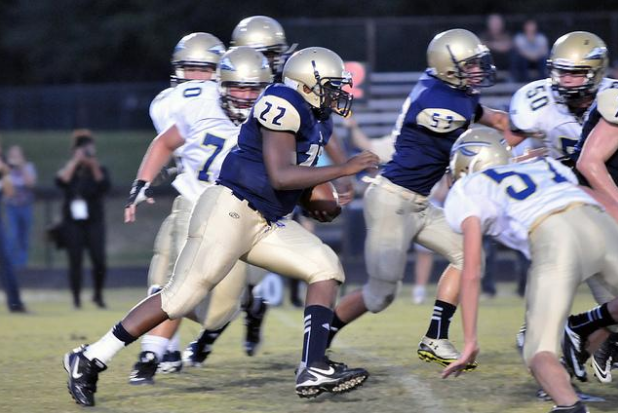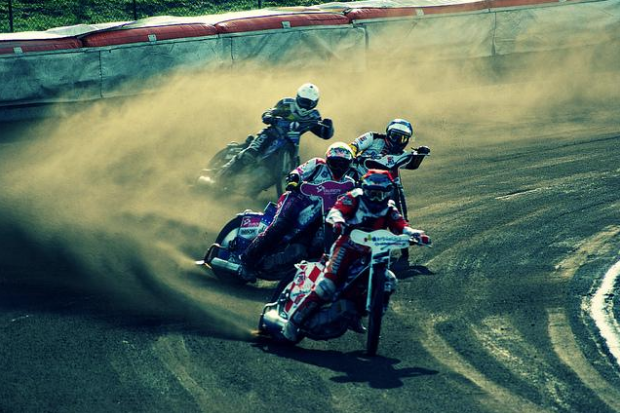Your success in sports allows you to acquire numerous skills that not only help you succeed in your sporting career but that are also useful in life. Some of those skills include confidence, leadership skills, and discipline. Leadership development bases on competition, hard work, accountability, and team cooperation. These are traits that both you and your child can acquire by joining a sports team.
Leadership is a personal trait that can be elusive for most people. It is a skill that is intimately linked to one’s personals success. Leaders gain trust and respect from their teams. They have the ability to foster social change and contribute to cultural, social, and economic progress. It is a skill that parents always want their child to develop early on.
Boosts communication skills
Leaders must have the ability to communicate their needs to their audience. Sports allow a child to develop soft skills by engaging in various challenges.
Athletes must communicate with their team members through verbal and non-verbal cues so they can beat other teams. This forces your child to find ways to communicate successfully in situations that will help leaders succeed in their business just as they do in the sports. They also learn to listen and genuinely understand before acting.
Therefore in business and life in general, when your child comes up with a great idea, they can present it to the team. They are also active listeners who will take in the ideas from strong contributors in their teams. A good free essay written at school, may also impact the understanding of the importance of communication.
Better decision-making skills
Sports provide an excellent platform for making better decisions later in life. The activity encourages players to assess situations and recognize the opportunities that are available for them if they behave decisively. Through quick interpretation and observation, children involved in sports learn how to make better life decisions at a young age.
Effective leaders are required to display decisive behavior, and in most cases, an athlete only has a few seconds to make a decision that will determine their success in a game. They have to assess the pros and cons of a situation in a matter of milliseconds.
Winning strategies
Playing sports requires strategic approaches that will encourage players to not only have fun in the field, but also to win the games. Sports prepare a leader for the competitive edge and teach them how to set realistic goals, solve problems and influence others to have a winning mentality. With sports, people are able to develop behaviors and skills that help them succeed in a dynamic workplace.
Playing sports requires a team to come up with a strategy to confront the opponent and have an advantage over all the defenses the other team has put up. Similar strategies are required from business leaders.
Teamwork
This is an obvious one. Teamwork is needed for any sport. Therefore, students can learn to teach each participant to play their part. It motivates those involved to do what is required of them so that the team can succeed. Teamwork means delegation of tasks which is something great leaders do. For you to be a great leader, you need to learn how to build a strong team and find out the strengths of everyone while covering up their weaknesses. This will be not only beneficial for business in general but also encourage employees to work harder. It additionally motivates employees to have better engagement in the workplace.
Self-discipline
Leaders need to have a high level of discipline. It may be a personal decision, but it does speak a lot into the type of leader you become. For players, self-discipline means eating healthy and practicing even if no one is watching. There are challenges in the sports world that a person is required to endure and make necessary changes regardless of whether their efforts are noticed by the team or not. This is true for the workplace, too. Leaders are not perfect, and they need to work hard to develop new skills and improve their jobs. Leaders need the self-discipline to be successful.
Conclusion
No one expects leaders to be perfect. The best leaders are those who are motivated to keep learning and to improve their skills. The same can be applied to sport. You are expected to pick up new skills and learn as you go, so that you are always ready to do your best to win.
Add The Sports Daily to your Google News Feed!








